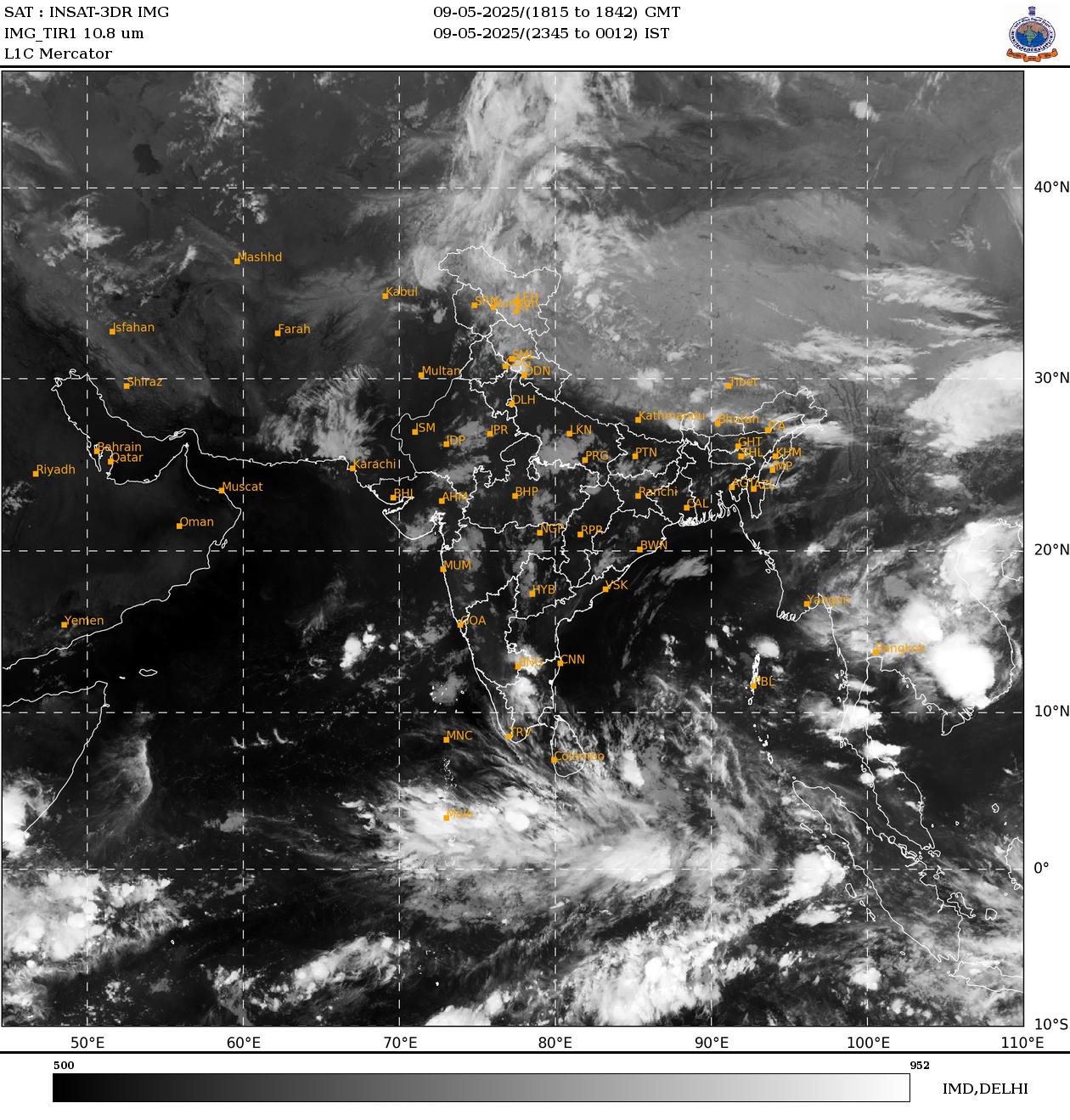Pakistan textile ministry seeks to protect local cotton
 ... -
... -
March 31, 2016 Pakistan�s ministry of textile industry wants cabinet support for an action plan to ensure the country�s textile manufacturers receive enough cotton supplies following a slump in local production during the 2015 growing season.
According to current government data, Pakistan�s cotton production dropped 33.85% to 9.71 million bales during this past 2015 growing season. The fall was particularly pronounced in Punjab province. Pest attacks, inferior inputs and sliding prices are key reasons for the low output, ministry officials say.
The textile ministry has recommended waiving sales tax and duties on cotton imports to help support mills in the short term and a minimum support price for Pakistan-produced cotton to stem the trend of growers switching to other crops in wake of falling global prices. The ministry wants to ensure a ready supply of local raw materials for small- and medium-sized textile units that lack the capacity to import directly.
Syed Abbas Mehdi, a senior officer at the ministry of textile industry, told WTiN.com: �We have done our part and sent proposals based on stakeholders� input to the government to avert a crisis. The authority is with the cabinet to decide.�
Tariq Saud, chairman of the All Pakistan Textile Mills Association stressed that government action is needed. �There are solutions if the government gets serious. The annual cotton requirement of the textile industry is 16 million bales against the local production of 9.7 million bales this year. The gap is wide and may grow if the government does not address the issue,� he said.
The country produced 14.71 million bales in the same period of last year against domestic demand of 15 million bales from the textile industry. According to the Pakistan Cotton Ginners� Association (PCGA), cotton output dipped to 5.95 million bales in Punjab during the last growing season from 10.74 million bales harvested a year earlier (2014). Sindh province�s production fell marginally to 3.77 million bales, compared with 3.96 million bales in the previous year.
The fall has sparked international concern too. A report from the United States Department of Agriculture stated: �Cotton crop prospects continue to erode and Pakistan�s 2015/16 production is estimated at 7.5 million bales - the lowest since 1999�. The Punjab government especially is concerned that farmers may now quit cotton for good, wakening backwards linkages for Pakistan�s key textile manufacturing industry. Punjab province�s agriculture minister Dr Farrukh Javed welcomed the launch last September (2015) by the federal government of the so-called �Kissan Package�, providing relief to cotton farmers through a subsidy on fertiliser and direct payments: �Commodity prices are under pressure globally but we are open to suggestions and ready to do whatever we can for agriculture sustenance,� he told WTiN.com.
However, Khawaja Shoaib, of industry group Farmers Vision, in Multan, said the support is insufficient. �What does this �babu� (city dweller) knows about farm and farming? The �Kissan Package� has driven desperate petty farmers to line up for a paltry, one-time award of [Pakistan Rupees] PKR5,000 [USD47] for days in front of post offices waiting for their turn,� he said with contempt.
Mian Muhammad Latif, chairman and CEO of Pakistan home textile exporter the Chenab Group, doubted the government action would stop cotton producers abandoning the crop: �I see a deep crisis on the horizon,� he told WTiN.com. He said the PMLN [Pakistan Muslim League (Nawaz)]-led government had never been sensitive to rural economy issues: �For them development means mega building projects. I fear in their zest to ape the appearance of Western cities, the [Prime Minister] Nawaz Sharif-led government will drag the country into losing its inherent strength in agriculture,� he said.
But Khawaja Anis, president of the Pakistan Cotton Ginners� Association, was likewise critical of both the government and the textile sector, saying the industry was happy to import cotton, as long as it was cheap: �The government is reckless but the textile lobby has also been colluding. Instead of forcing the government to take necessary steps to shield cotton producers for better future production they are focused on ensuring easy imports,� he told WTiN.com.
Most viewed
- ICAR- CIRCOT becomes Approved Assayer of MCXCCL for Quality Analysis of Cotton Bales
- Indian Cotton Exports Soar: Projections Reach 22-25 Lakh Bales for 2023-24 Season
- Godrej Agrovet’s crop protection biz unit launches pilot to reach out to cotton growers
- India’s cotton panel CCPC estimates higher crop, export and consumption
- जिरायती कापसाचे पीक यंदाही तोट्यातच
- Cotton production report 2024 – कॉटन के उत्पादन अनुमान में 5.30 फीसदी की बढ़ोतरी, 309.70 लाख गांठ की उम्मीद
- Cotton Declined After CCPC Increased Crop Production For The Current Season
- Picking underway for Australian cotton with above average crops expected: Cotton Australia
- महाराष्ट्र की इस मंडी में 8300 रुपये क्विंटल हुआ कॉटन का दाम, क्या कह रहे हैं किसान
- यंदाच्या हंगामात 25 लाख क्विंटल कापसाची आवक, कोणत्या बाजार समितीत किती आवक?
Short Message Board
Cotton Live Reports
Visiter's Status
Visiter No. 40130786Saying...........
Tweets by cotton_yarn



